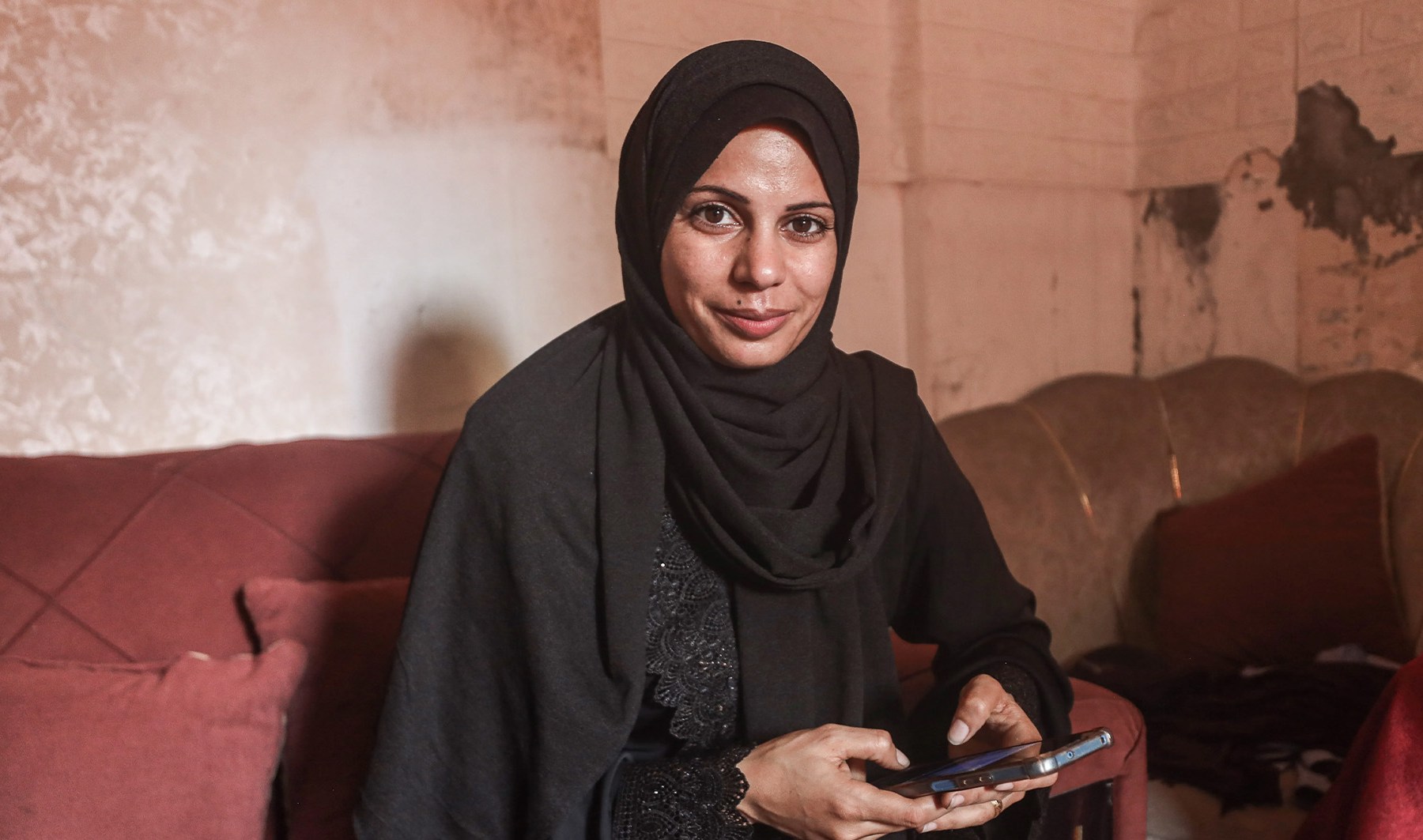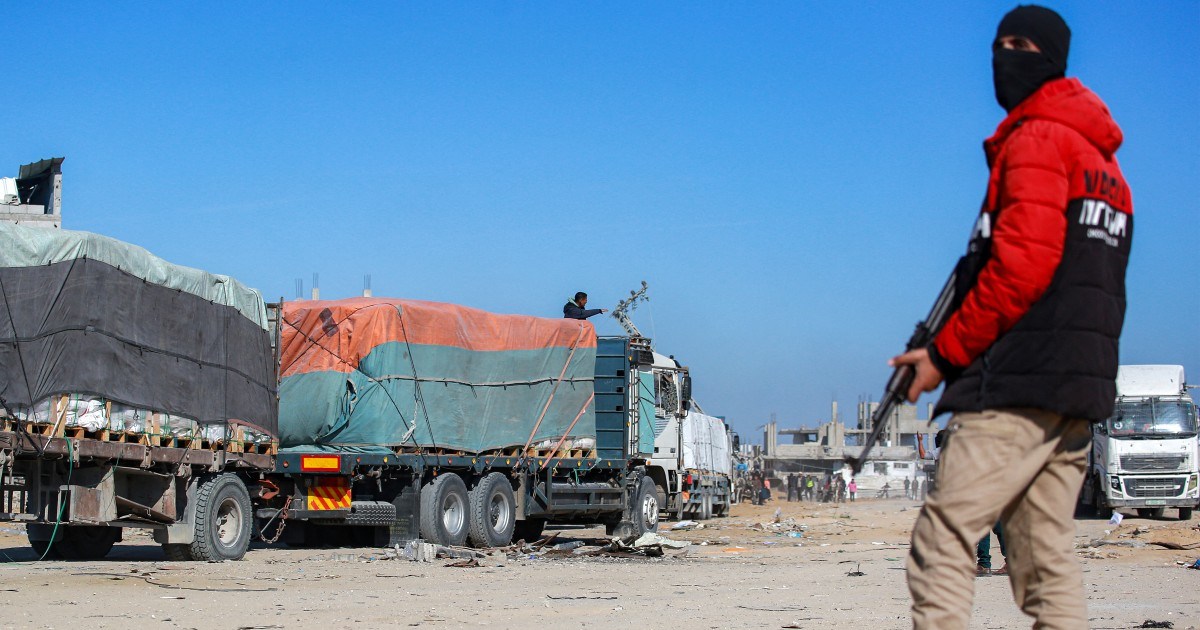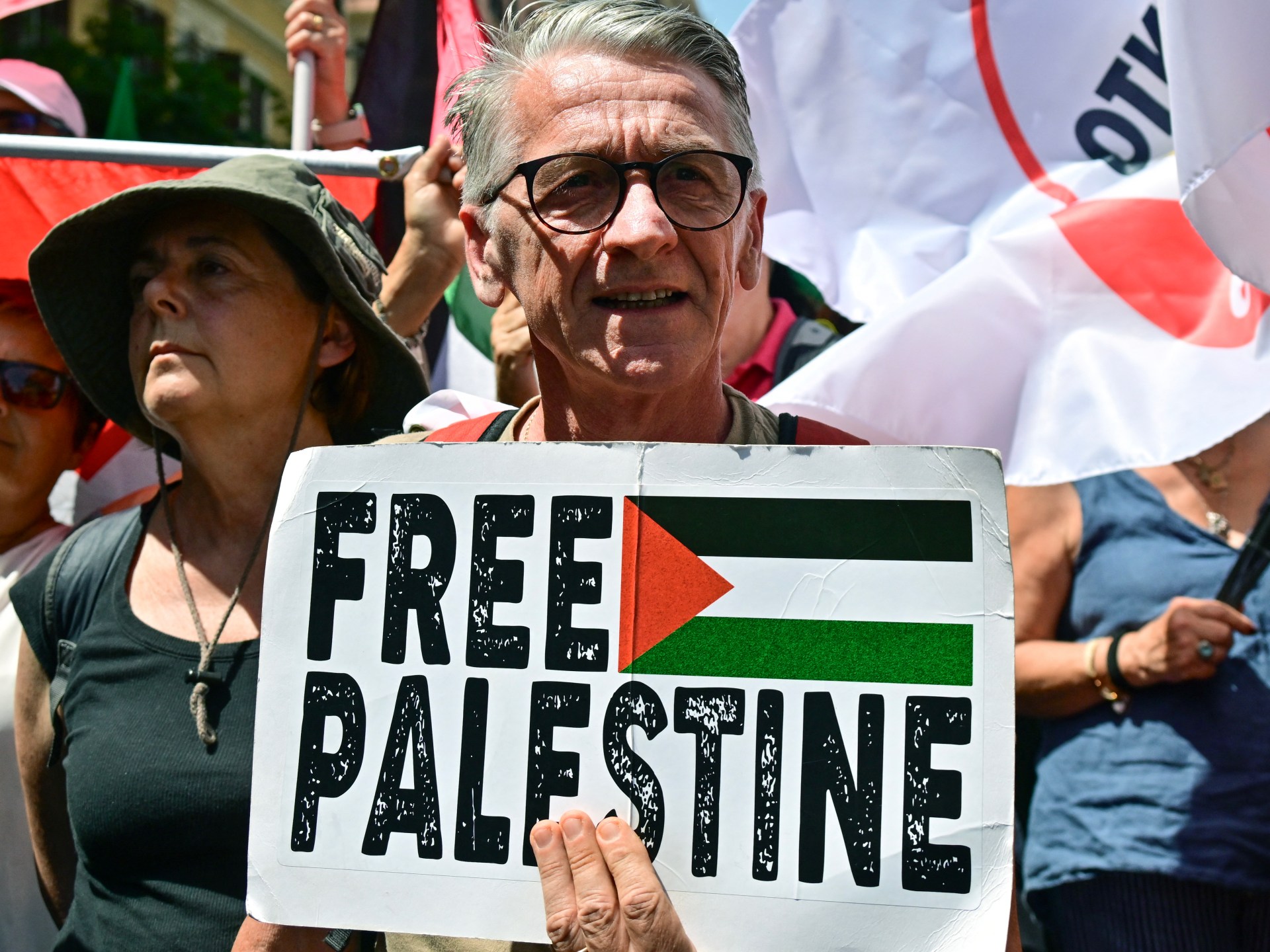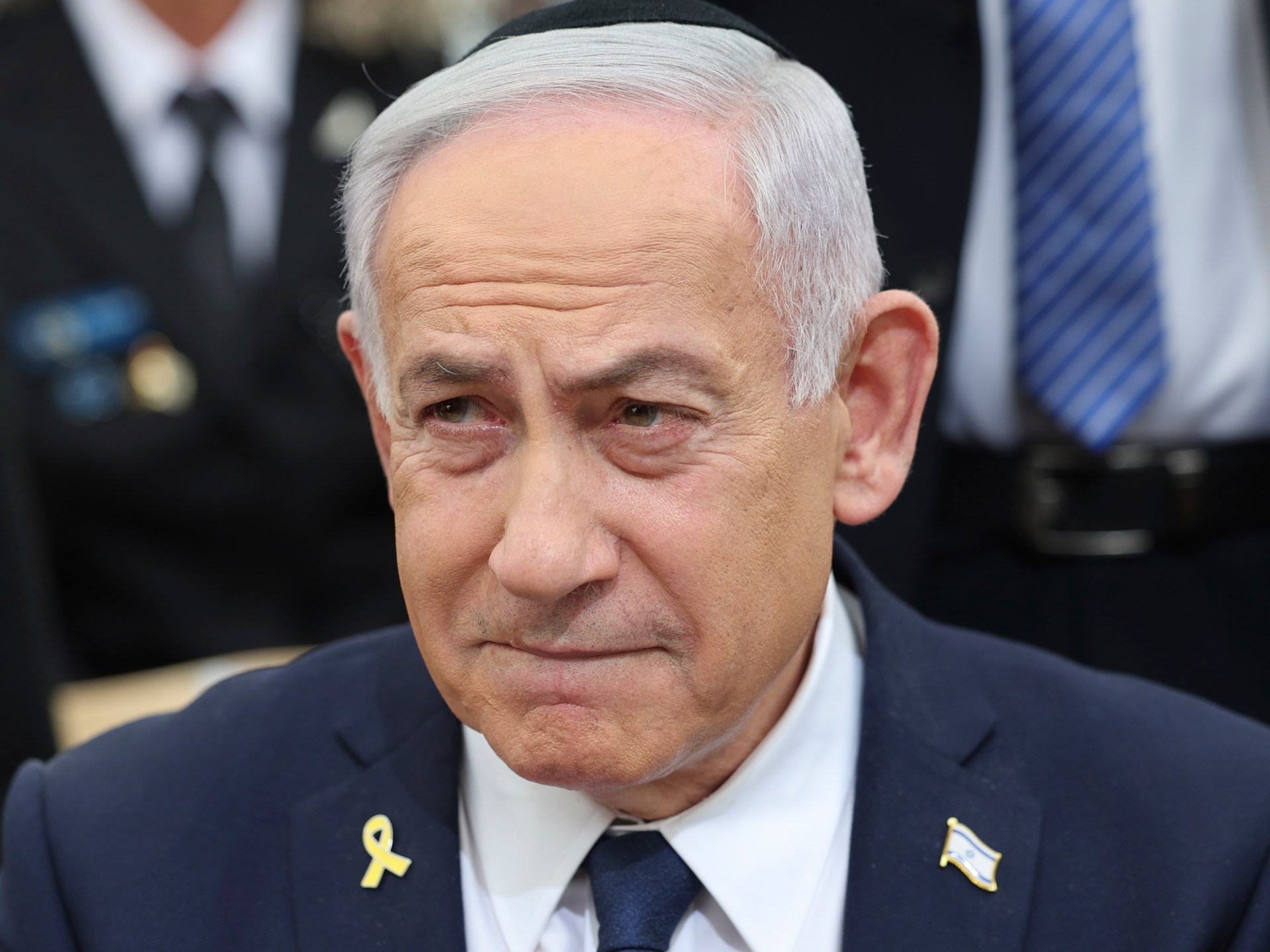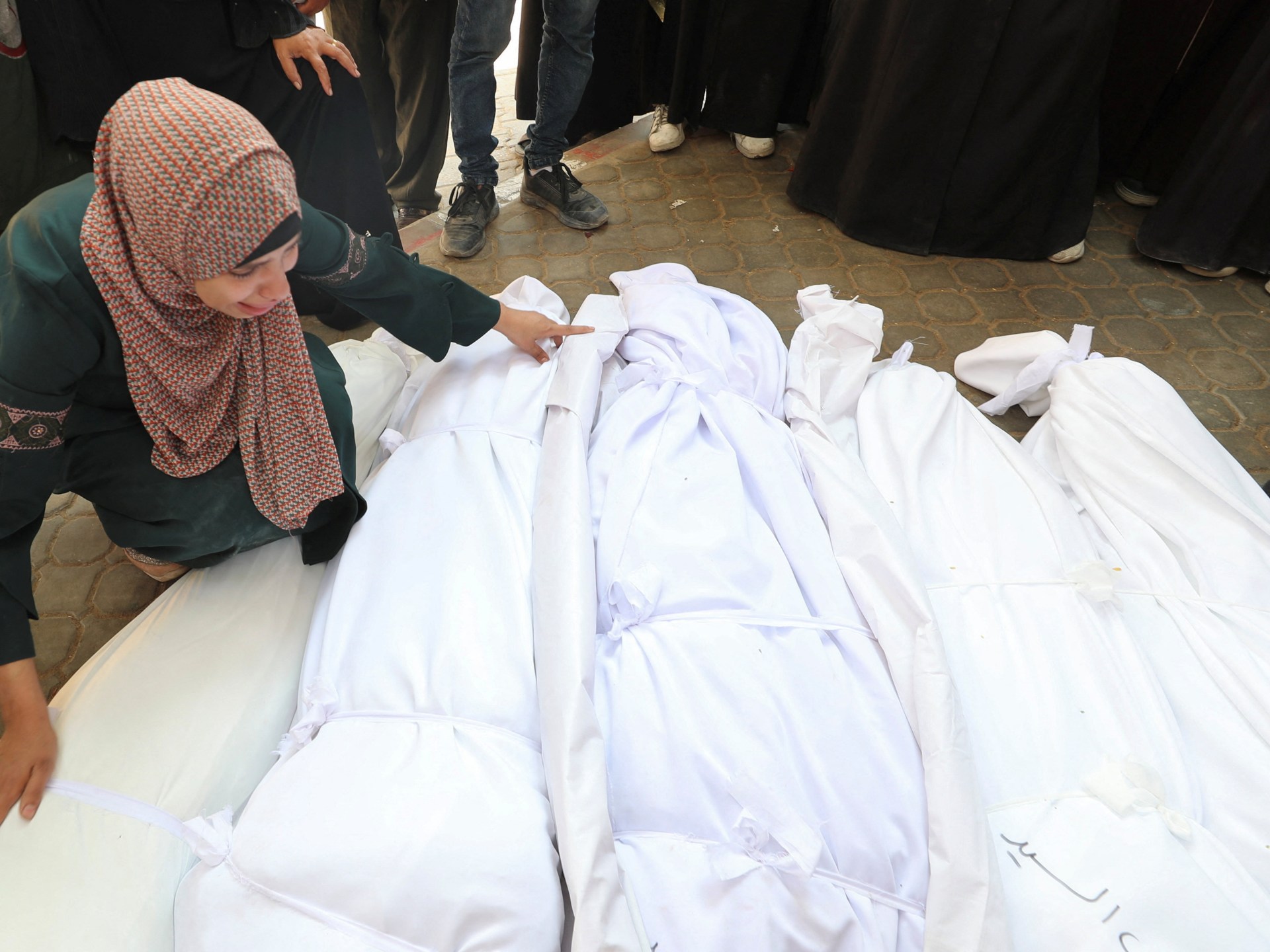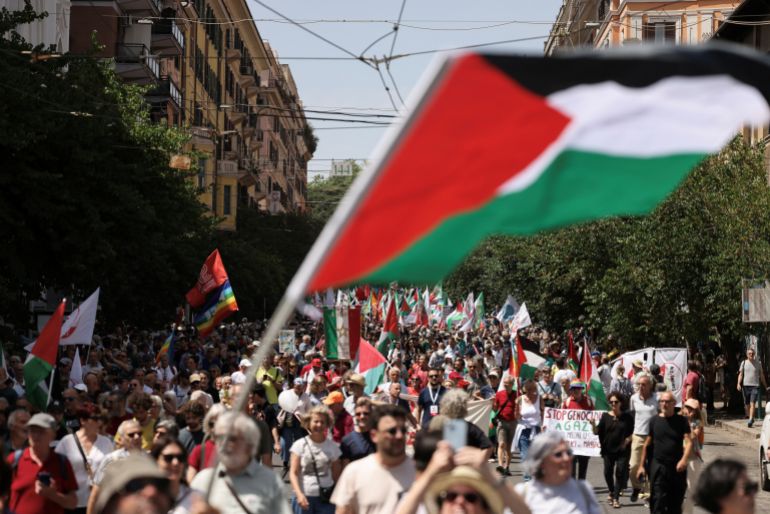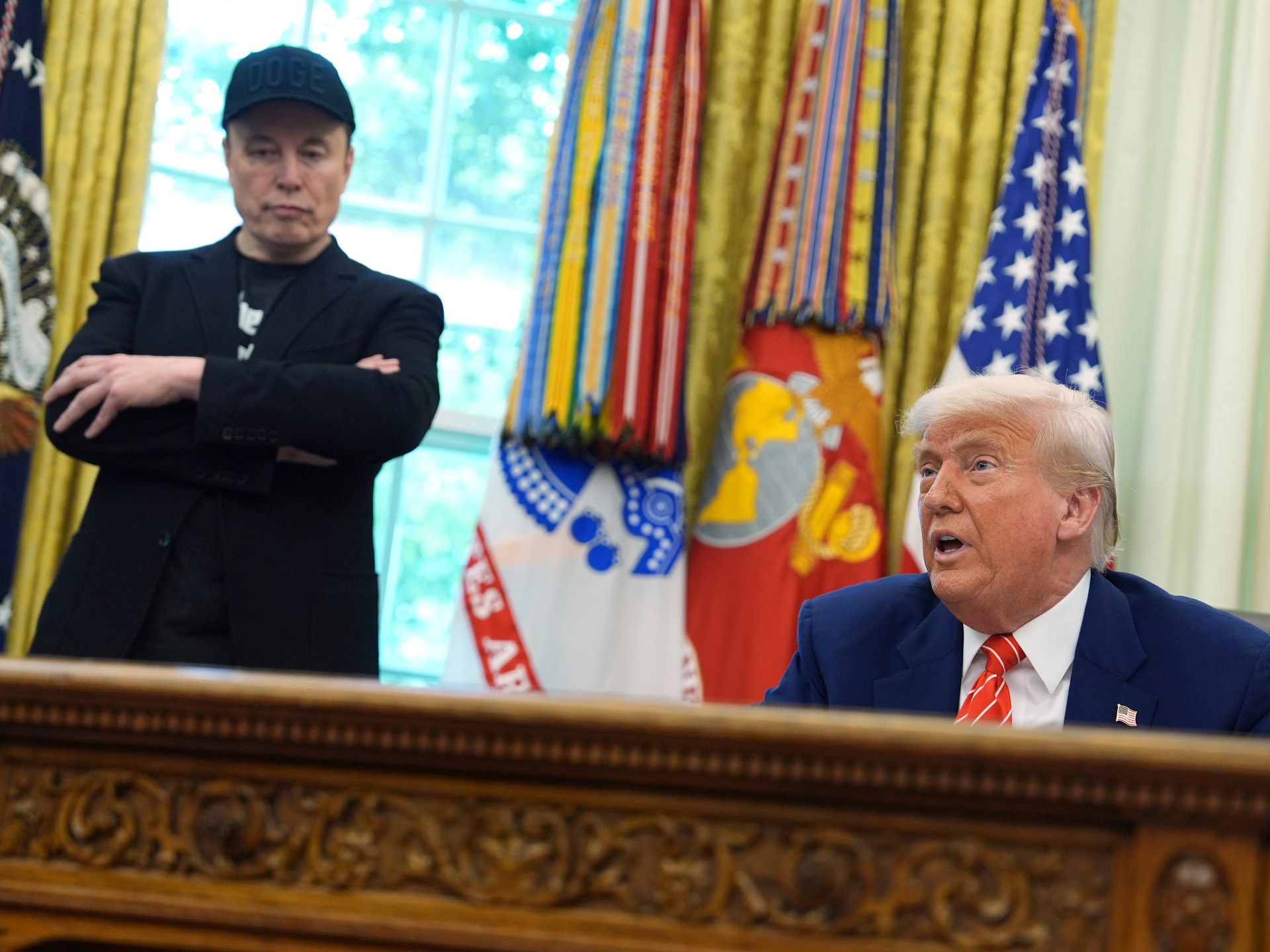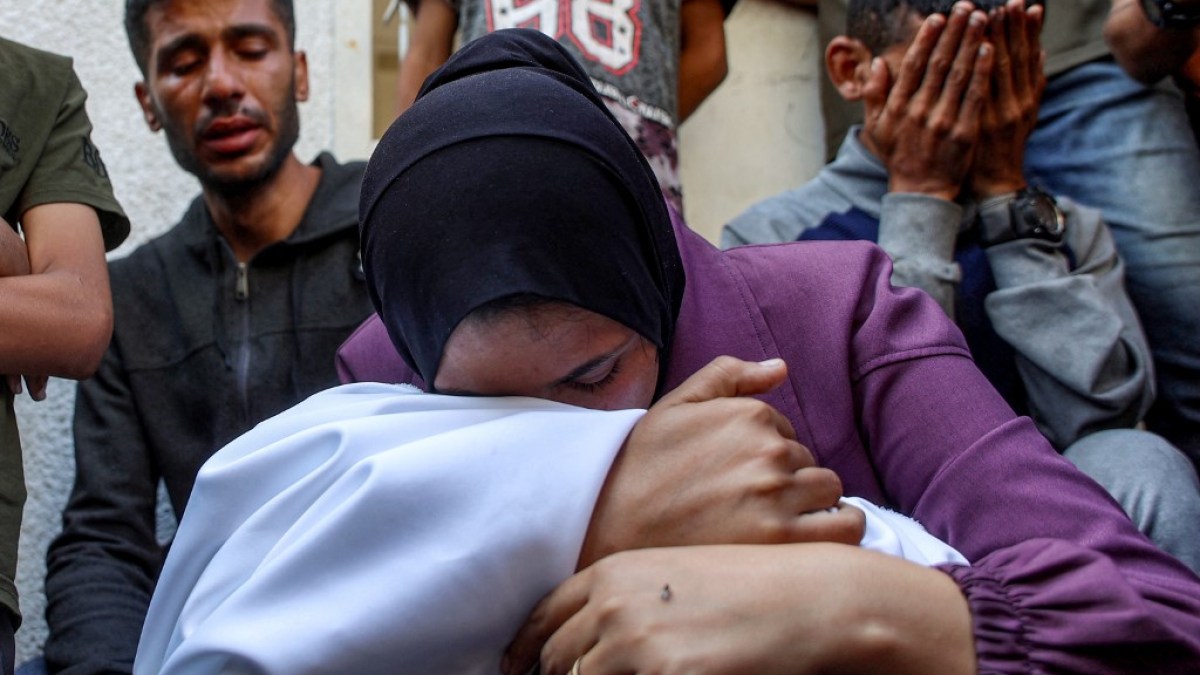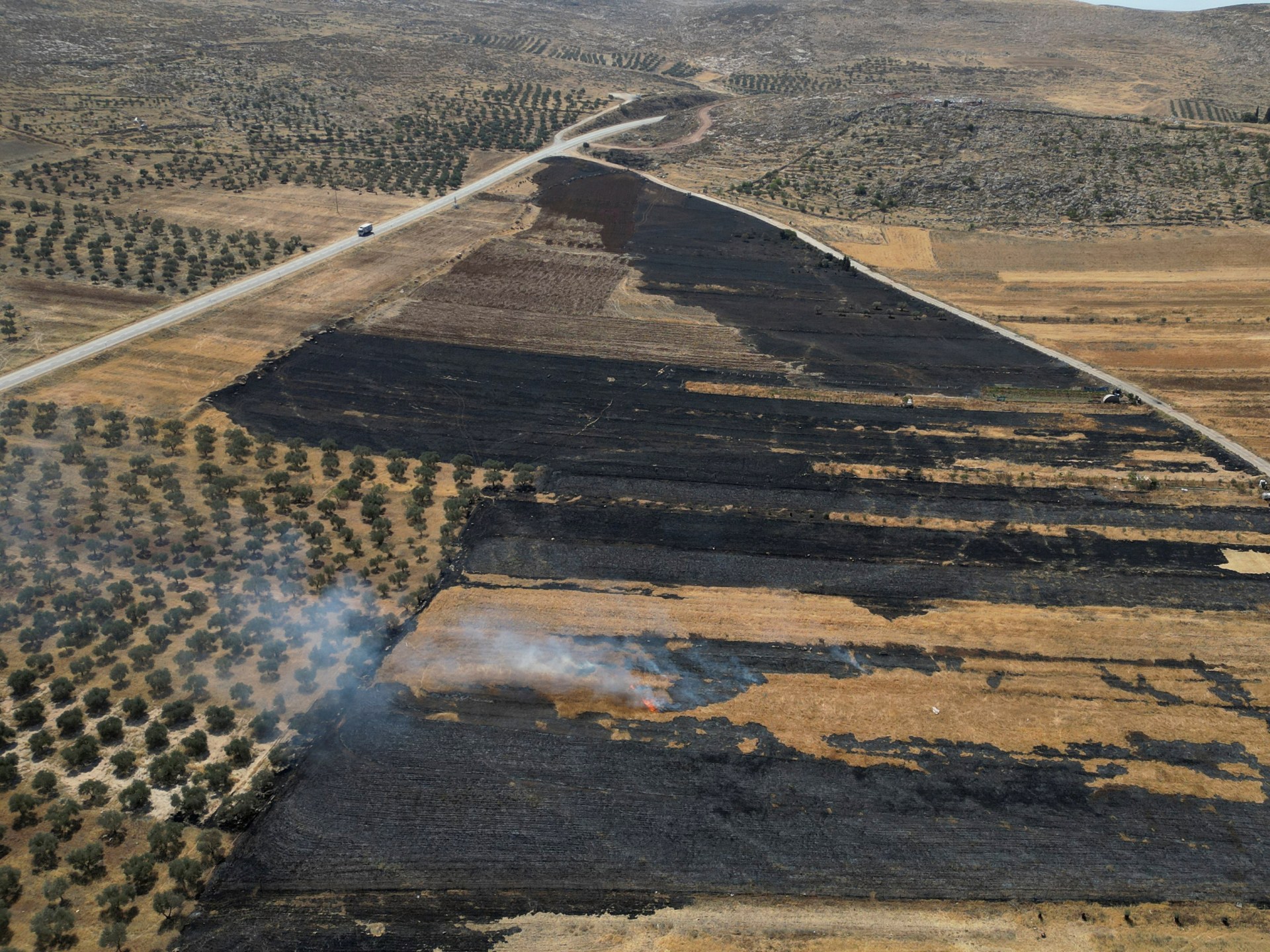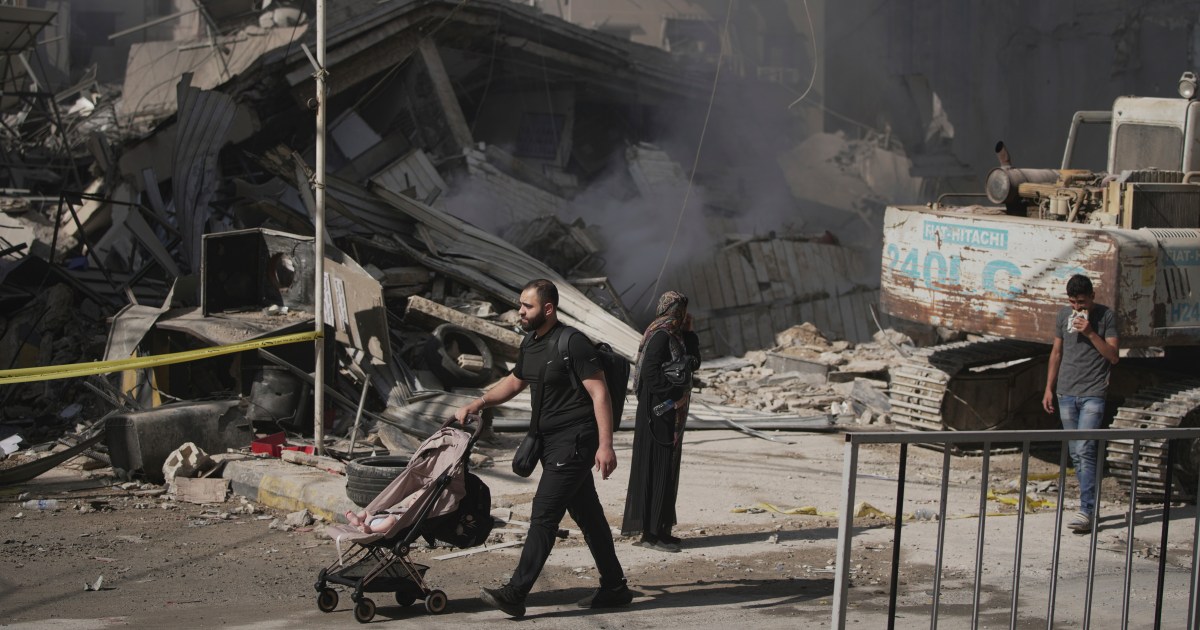Since the mid-1960s, Israel has received significant military and diplomatic support from successive administrations in the United States. But never has it enjoyed such unconditional support as it has in the past eight years – under the first and second administrations of President Donald Trump and the administration of President Joe Biden. As a result, Israel has started openly pursuing its greatest Zionist dream: expanding state borders to achieve Greater Israel and accelerating the ethnic cleansing of the Palestinian people from their homeland.
Although the Israeli state may appear more powerful than ever and overly confident that it will achieve regional dominance, its current position paradoxically reflects a strategic failure.
The reality is that after nearly eight decades of existence, Israel has failed to achieve legitimacy in the eyes of the region’s peoples and lasting security for itself. Its present resurgence will secure neither. And that is because its foreign, domestic and military policies are based on a settler-colonial logic which makes them untenable in the long run.
Settler-colonial mentality
Since its founding in 1948, Israel has sought to convince the world and its Jewish citizens that it was created “on a land without a people”. While this narrative has successfully caught on – particularly among the younger generations of Israelis – the forefathers of the Israeli state openly spoke about “colonisation” and settling a land with a hostile native population.
Theodor Herzl, considered the father of modern Zionism, planned to reach out to well-known British colonialist Cecil Rhodes, who led the British colonisation of Southern Africa, for advice on and approval of his plan to colonise Palestine.
Vladimir Jabotinsky, a revisionist Zionist who founded the far-right Zionist group Betar in Latvia, strategised in his writings on ways to address native resistance. In his 1923 essay The Iron Wall, he wrote:
“Every native population in the world resists colonists as long as it has the slightest hope of being able to rid itself of the danger of being colonised. That is what the Arabs in Palestine are doing.”
This settler-colonial mentality played a central role in shaping the domestic, foreign and military policies of the newly founded Israel. Today, almost 80 years after the creation of the Israeli state, expansionism and aggressive military posturing continue to define the Israeli regional strategy.
Despite official rhetoric about seeking peace and normalisation of relations in the region, the Israeli aspiration to achieve a Greater Israel – one that includes not only occupied Gaza, the West Bank and East Jerusalem, but also parts of modern-day Egypt, Syria, Lebanon and Jordan – persists.
That has been apparent in public discourse and government actions. Settler activists have openly talked about an Israel stretching from the Nile to the Euphrates river. Government advisers have penned articles about “reconquering Sinai”, “dismembering Egypt” and precipitating the “dissolution of Jordan”. Prime ministers have stood in front of the United Nations General Assembly, holding maps of Greater Israel.
The idea of Greater Israel has been widely accepted across the Zionist political spectrum, both on the right and on the left. The primary differences have been in how and when to advance this vision, and whether it requires the expulsion of Palestinians or their segregation.
Expansionist policies have been applied under all Israeli governments – from those led by left-wing Mapai Labor to those led by right-wing Likud. Since the 1949 armistice, Israel has occupied the West Bank, Gaza, East Jerusalem, the Golan Heights, Sinai (twice), southern Lebanon (twice) and now most recently, more parts of southern Syria.
Meanwhile, its colonisation of the occupied Palestinian territories has proceeded at an accelerated pace. The number of Jewish colonial settlers in the West Bank, including East Jerusalem, was approximately 250,000 in 1993; by October 7, 2023, this number had risen to 503,732 in the West Bank and 233,600 in East Jerusalem.
Settlements in Gaza were dismantled in 2005, but plans are being made for recolonisation, as the current Israeli government eyes the full ethnic cleansing of the strip.
Today, there is no major political force in Israel that looks beyond the direct application of naked military power to maintain and protect colonisation activities. This mindset is not limited to politicians but is also a widespread conviction among the Israeli public.
A June 2024 survey found that 70 percent of Jewish Israelis think settlements either help national security or do not interfere with it; a March 2025 poll showed that 82 percent of Jewish Israelis support the ethnic cleansing of Palestinians in Gaza.
No genuine peace camp
The settler-colonial mindset at the core of the Israeli state has precluded the emergence of a genuine drive for peace. As a result, successive Israeli governments have continued to pursue war, colonisation and expansion, even when seemingly embracing peace talks.
In the 1990s, Israel had the opportunity to resolve the Arab-Israeli conflict by withdrawing from the territories occupied in 1967 and accepting the creation of an independent Palestinian state. Instead, it used the negotiations as a smokescreen to advance settler-colonial policies.
Even leaders like Prime Minister Yitzhak Rabin, who was hailed as a peacemaker and assassinated for it by a Jewish extremist, did not really envision Israelis and Palestinians living side by side. Under his government and during the peace negotiations, the expansion of Jewish settlements continued at a steady pace, while plans for a segregation wall on occupied Palestinian land were pushed forward.
Meanwhile, Rabin and other Israeli leaders involved in the peace negotiations focused primarily on normalising Israel’s existence as it was, without addressing the root causes of the conflict. They sought to pacify Palestinian resistance, rather than establish durable peace.
The absence of a peace camp is not only at the leadership level but also at the societal one. While the Israeli society has active movements for social causes, settlers’ coalitions, and now a movement pushing for continuing the prisoner exchanges with Hamas, it lacks a genuine grassroots peace movement that recognises Palestinian rights.
This is in sharp contrast to other settler-colonial societies, in which there was a push from within to end colonialism. During the French colonisation of Algeria, for example, an anti-colonial movement within France openly supported the Algerian armed resistance. During the apartheid era in South Africa, white activists joined the anti-apartheid struggle and helped sway domestic attitudes.
In Israel, Jewish supporters of Palestinian rights are so few that they are easily ostracised and marginalised, facing death threats and often feeling compelled to leave the country.
The absence of a genuine peace camp reflects the inherent flaw of settler-colonial Israel. It has no coherent political strategy to address broader issues, such as coexistence in the region, which requires acknowledging the interests of others, especially the national rights of the Palestinian people. This makes the settler colony incapable of peace.
Overreliance on Western support
Historically, settler-colonies have always had to rely on outside support to sustain themselves. Israel is no different. For decades, it has enjoyed far-reaching support from Western Europe and the United States, which have provided it with a significant strategic edge.
But this Israeli reliance on Western backing also poses a long-term strategic threat. It makes the country dependent and unable to function like a normal sovereign nation.
Other countries in the region will continue to exist even if they lose support from their Western allies, with only their regimes potentially changing. But that is not the case for Israel.
This unlimited and extravagant support for Israel, aimed at maintaining its dominance as the primary regional power, is likely to backfire.
The growing imbalance of power is generating pressure not only on antagonist countries like Iran, but on other regional players such as Turkiye, Saudi Arabia and Egypt. They increasingly feel that the Western push to defend Israeli interests is infringing on their own.
This situation is likely to push them to increasingly seek alliances beyond the Western bloc to counterbalance this influence. China offers a viable alternative, as it is not a strategic ally of Israel.
A gradual opening to China can shift the political dynamics of the region in the coming years, beyond the capacity of Israel and its allies to control them. That will certainly undermine the Israeli plans to establish regional hegemony.
But Israel faces not only the risk that Western dominance could be challenged from the East, but also that Western societies could pressure their governments to stop backing it.
The Israeli genocidal policies, especially since October 7, 2023, have spurred a profound shift in public opinion across the world, including in Europe and North America.
Israel stands accused of genocide at the International Court of Justice, its prime minister has an arrest warrant from the International Criminal Court and Israeli soldiers are facing charges in many countries around the world.
As a result, the Israeli state has notably lost support among those on the left and centre of the political spectrum in the West.
While it still manages to maintain backing in high-level European and American political and military circles, this support is becoming increasingly unreliable in the long term. This uncertainty is further aggravated by the rise of isolationism on the right in the US. If these trends continue, Israel may eventually run out of dependable supporters in the West and lose its financial and military advantage.
The limits of the Israeli settler-colonial state strategy are increasingly becoming clear. The continued use of settler-colonial policies, characterised by excessive violence, along with the pursuit of regional hegemony, is pushing Israel into an untenable position.
The Israeli leadership may be living in a fantasy world, thinking it can pull off a “New World” model on Palestine and exterminate its population to fully colonise it; or to declare itself officially an apartheid state, seeking to make Palestinian subjugation legal.
But in the historical and geopolitical context of the Middle East, neither of these fantasies is viable. Global pressure is coming to bear. The expulsion of the people of Gaza has been outright rejected.
The Palestinian people, like any other nation that has survived brutal colonisation, will not leave their country and disappear, nor will they accept life under a colonial apartheid regime.
Israeli leaders may do well to start imagining the very real possibility of sharing land and accepting equal rights, and start preparing the Israeli society for it.
The views expressed in this article are the author’s own and do not necessarily reflect Al Jazeera’s editorial stance.

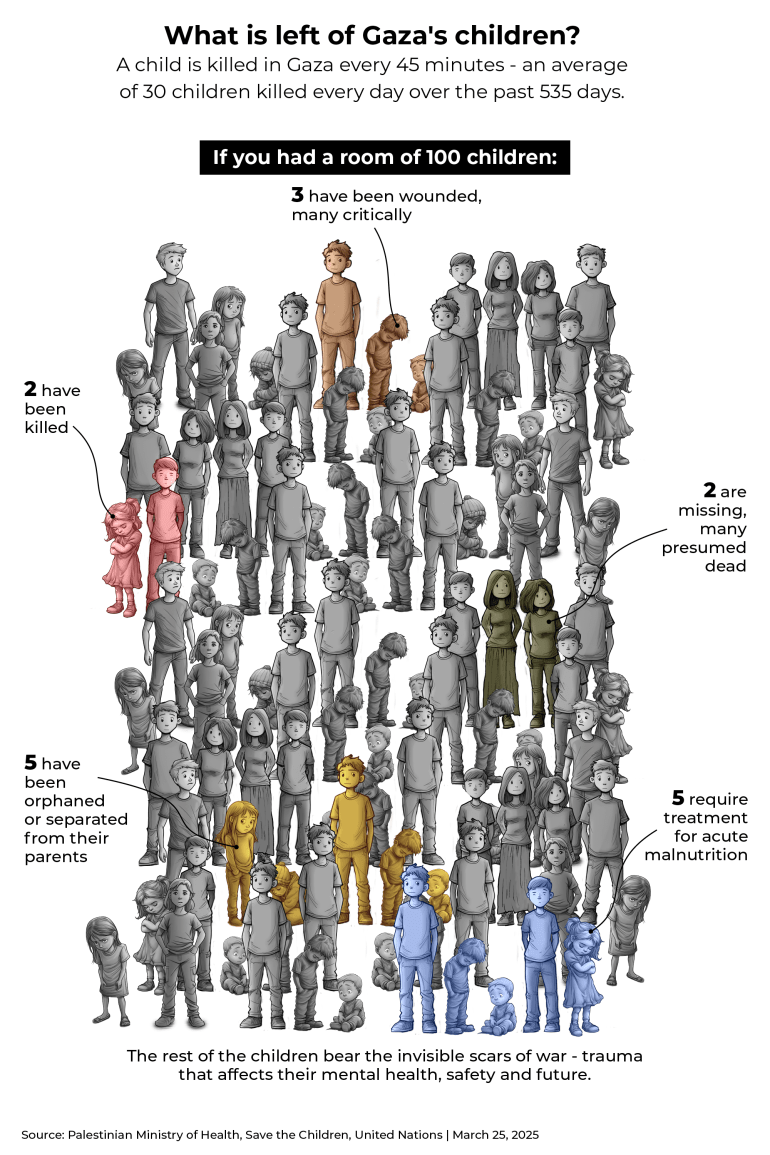
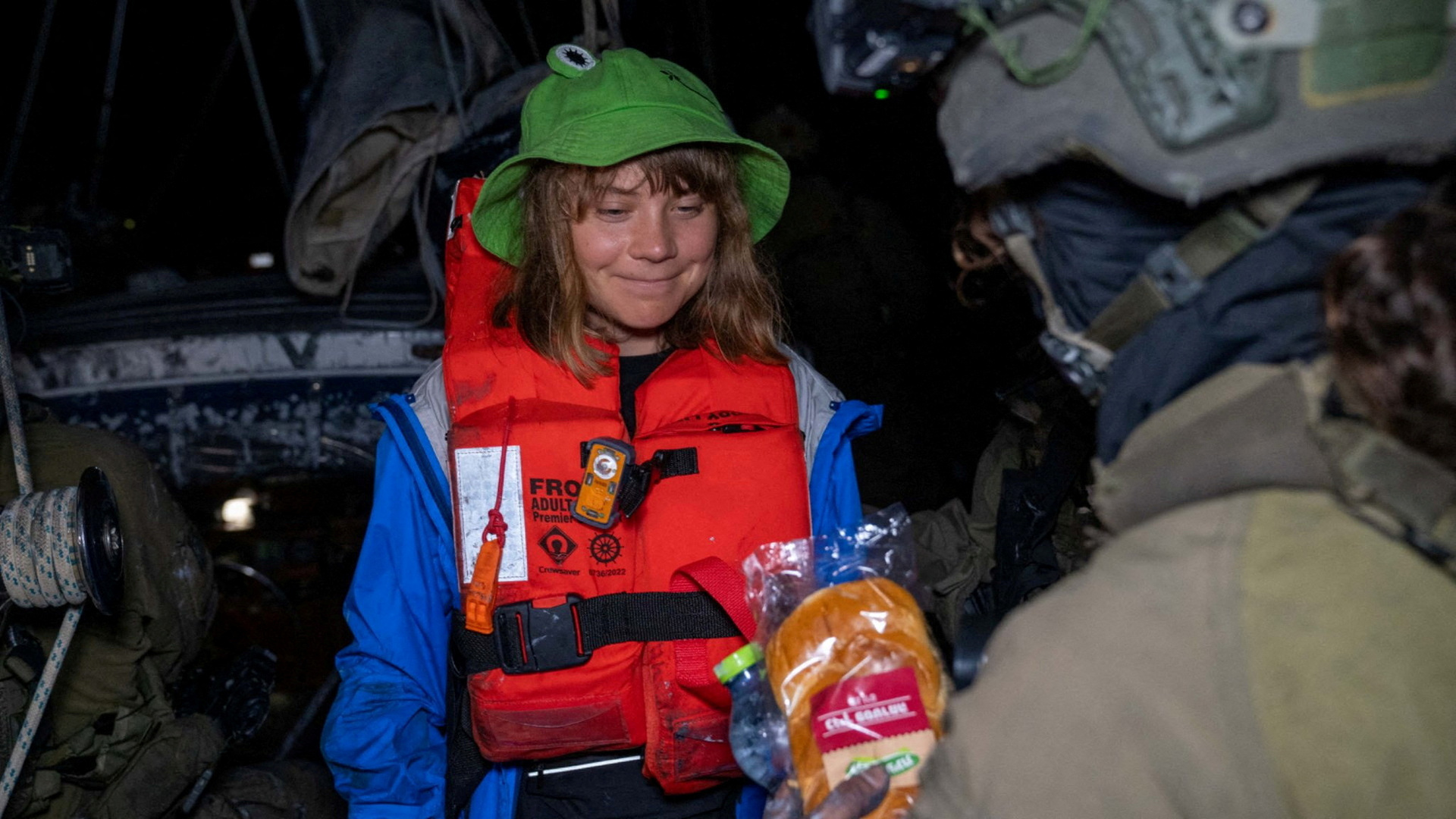

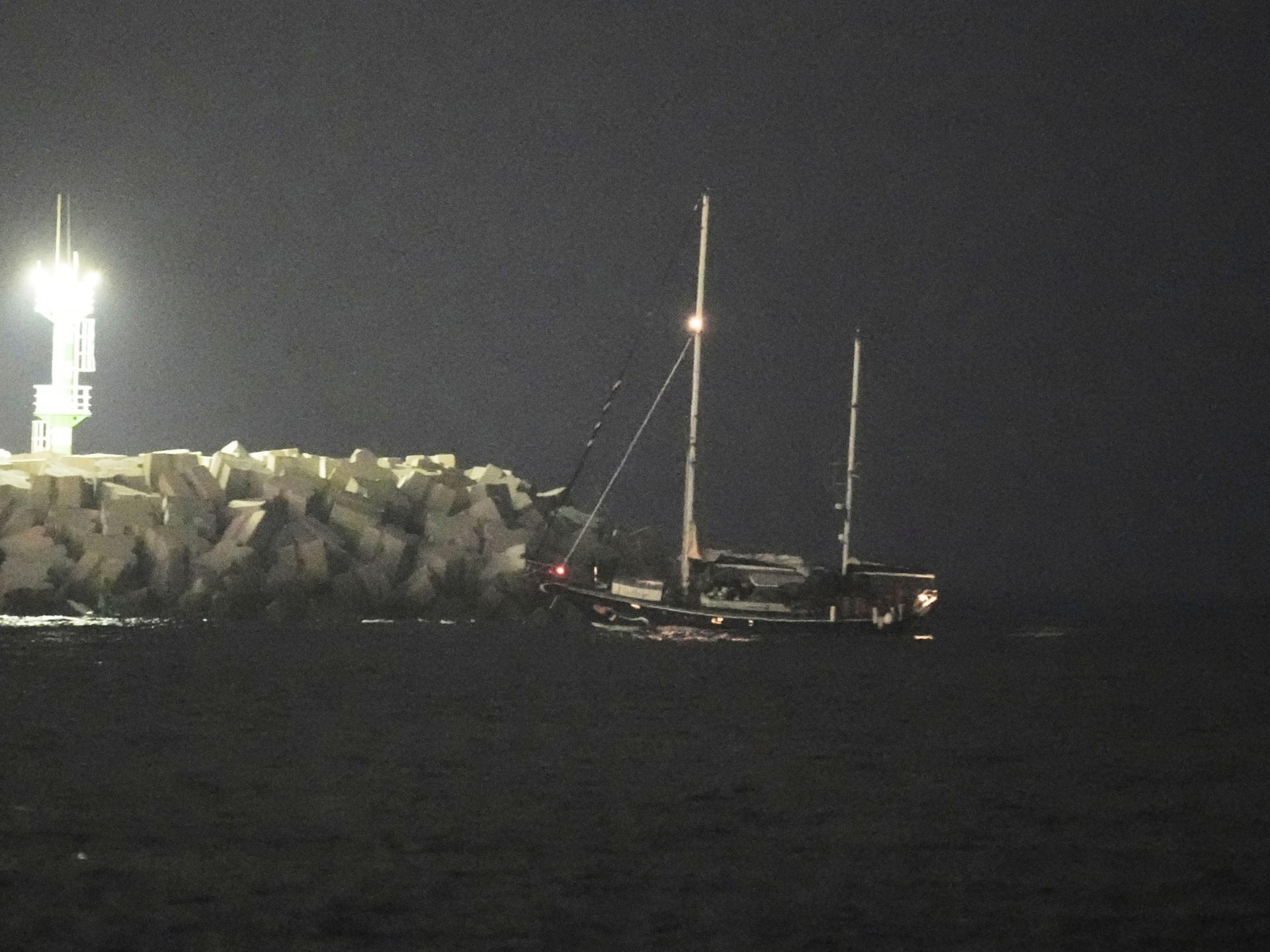



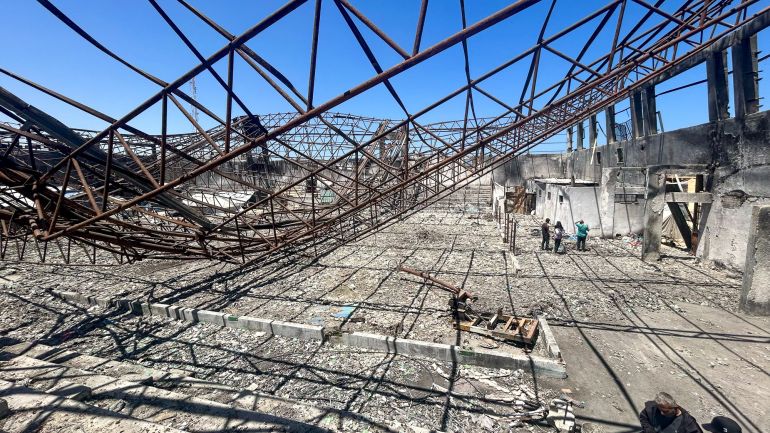
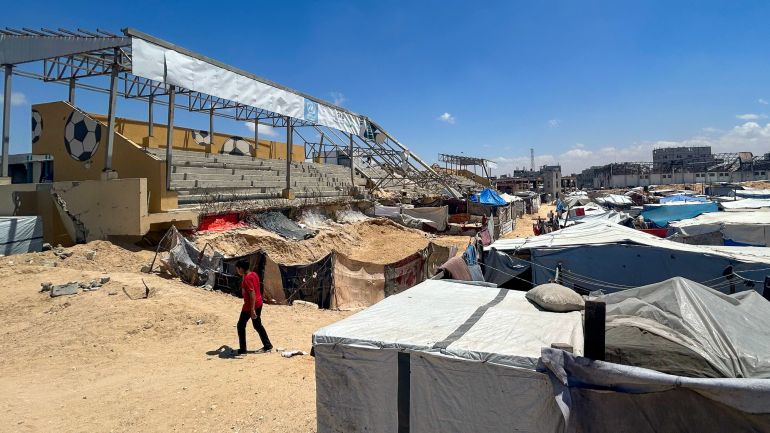
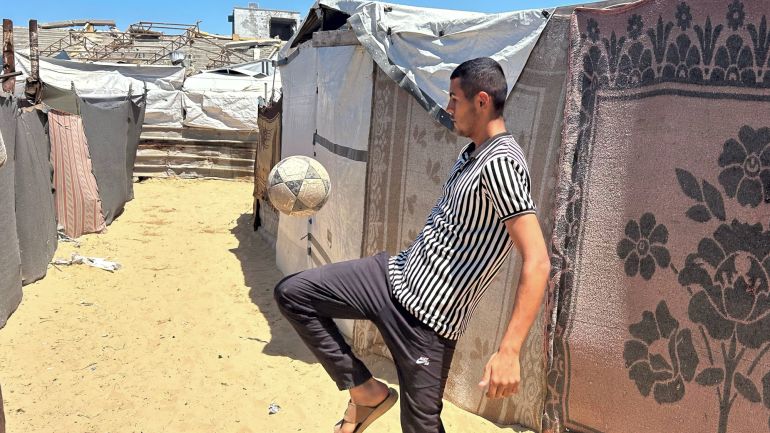
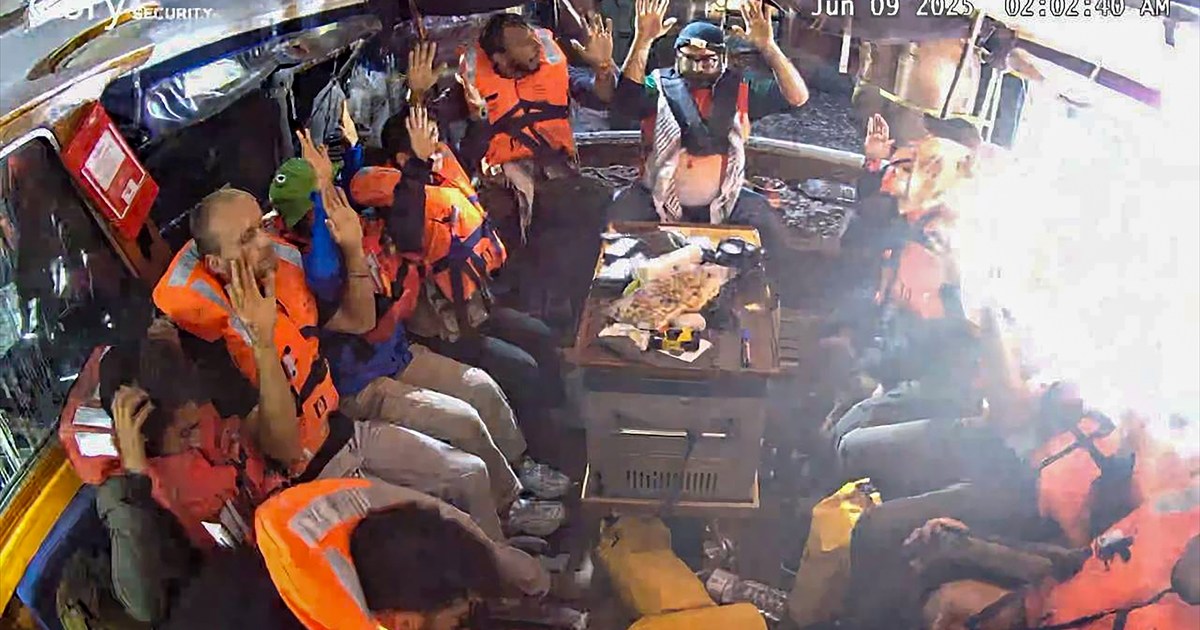
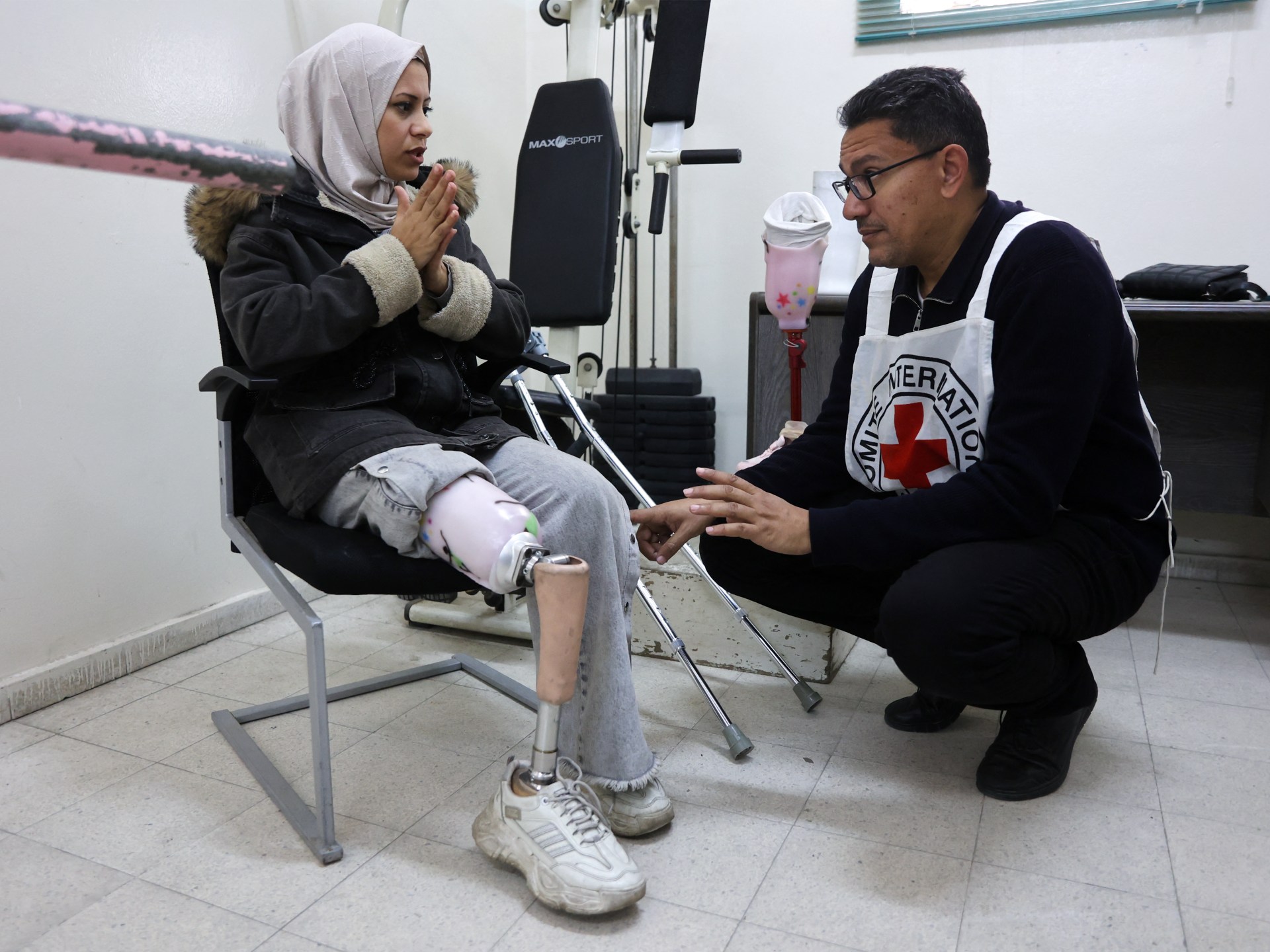
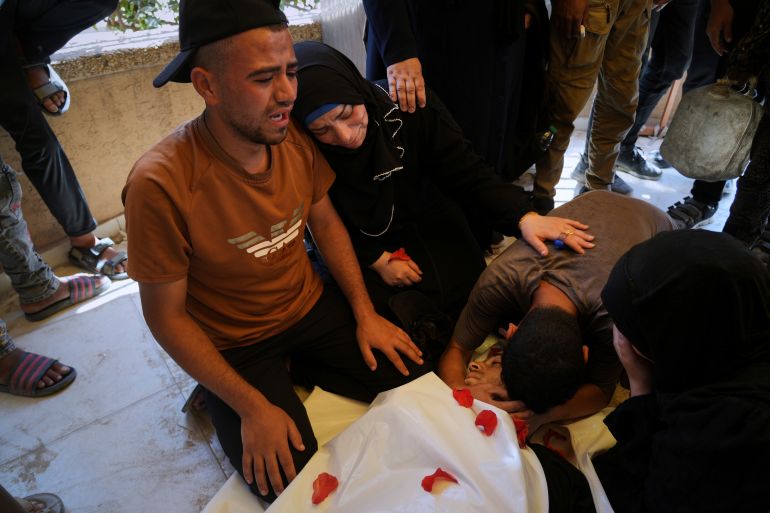
![Palestinians mourn over the body of Ahmed Abu Hilal, who was killed while on his way to an aid hub in Gaza, during his funeral at Nasser Hospital in Khan Younis, in the southern Gaza Strip, on Sunday, June 8, 2025. [Abdel Kareem Hana/AP]](https://www.aljazeera.com/wp-content/uploads/2025/06/AP25159513055391-1749393552.jpg?w=770&resize=770%2C513&quality=80)
![People carry relief supplies from the Gaza Humanitarian Foundation (GHF) on June 8, 2025. The UN and major aid organisations have refused to cooperate with the GHF, citing concerns that it was designed to cater to Israeli military objectives. [Eyad Baba/AFP]](https://www.aljazeera.com/wp-content/uploads/2025/06/AFP__20250608__49L8364__v1__HighRes__PalestinianIsraelConflictUsGazaAid-1749381980.jpg?w=770&resize=770%2C513&quality=80)
